Political advisors who were the power behind the throne
In the grand theater of politics, the spotlight often shines on the elected leaders, while those who pull the strings remain in the shadows. These influential figures, although not always in the limelight, play pivotal roles in shaping policies and guiding decisions.
Their contributions, often unrecognized, are essential in creating the political landscapes we see today. Let’s delve into the stories of some of these unsung heroes who have left indelible marks on history, often from behind the scenes.
Cardinal Richelieu: The Mastermind of France
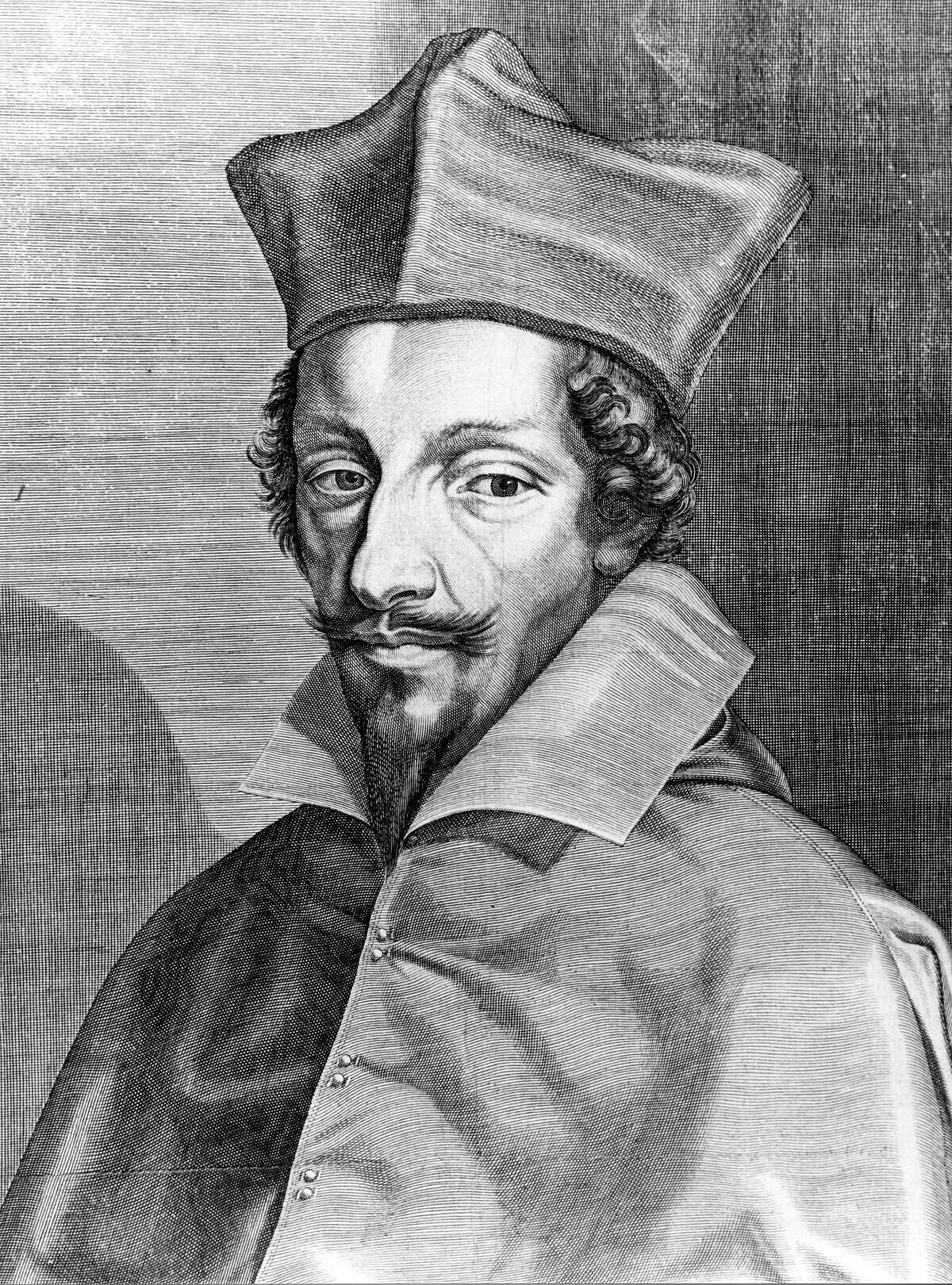
Cardinal Richelieu, serving as King Louis XIII’s chief minister, was a master of realpolitik and diplomacy. His tenure saw the strengthening of the French monarchy and the centralization of power.
Richelieu was instrumental in establishing France as a preeminent European power by deftly navigating the complexities of the Thirty Years’ War. His legacy includes the development of a strong administrative framework that laid the groundwork for modern France’s centralized government.
Rasputin: The Enigmatic Influence on the Russian Court
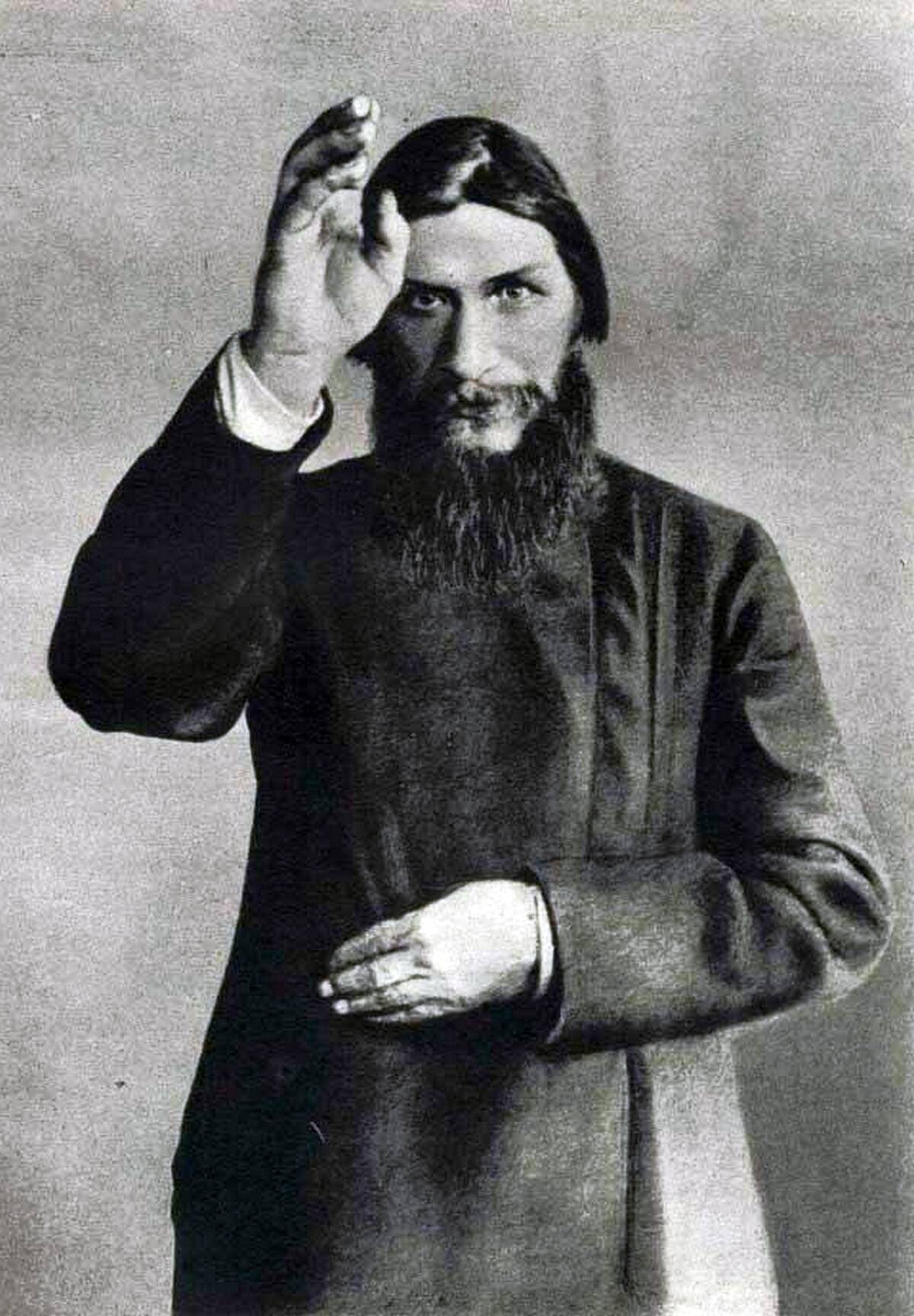
Grigori Rasputin, the mystical advisor to Tsar Nicholas II, wielded significant influence over the Russian royal family in the early 20th century. Despite his controversial reputation, Rasputin’s presence in the court was undeniable.
His alleged healing abilities and spiritual counsel earned him the trust of Tsarina Alexandra. However, his influence and proximity to power ultimately contributed to the growing discontent that led to the Russian Revolution.
Thomas Cromwell: Henry VIII’s Right-Hand Man
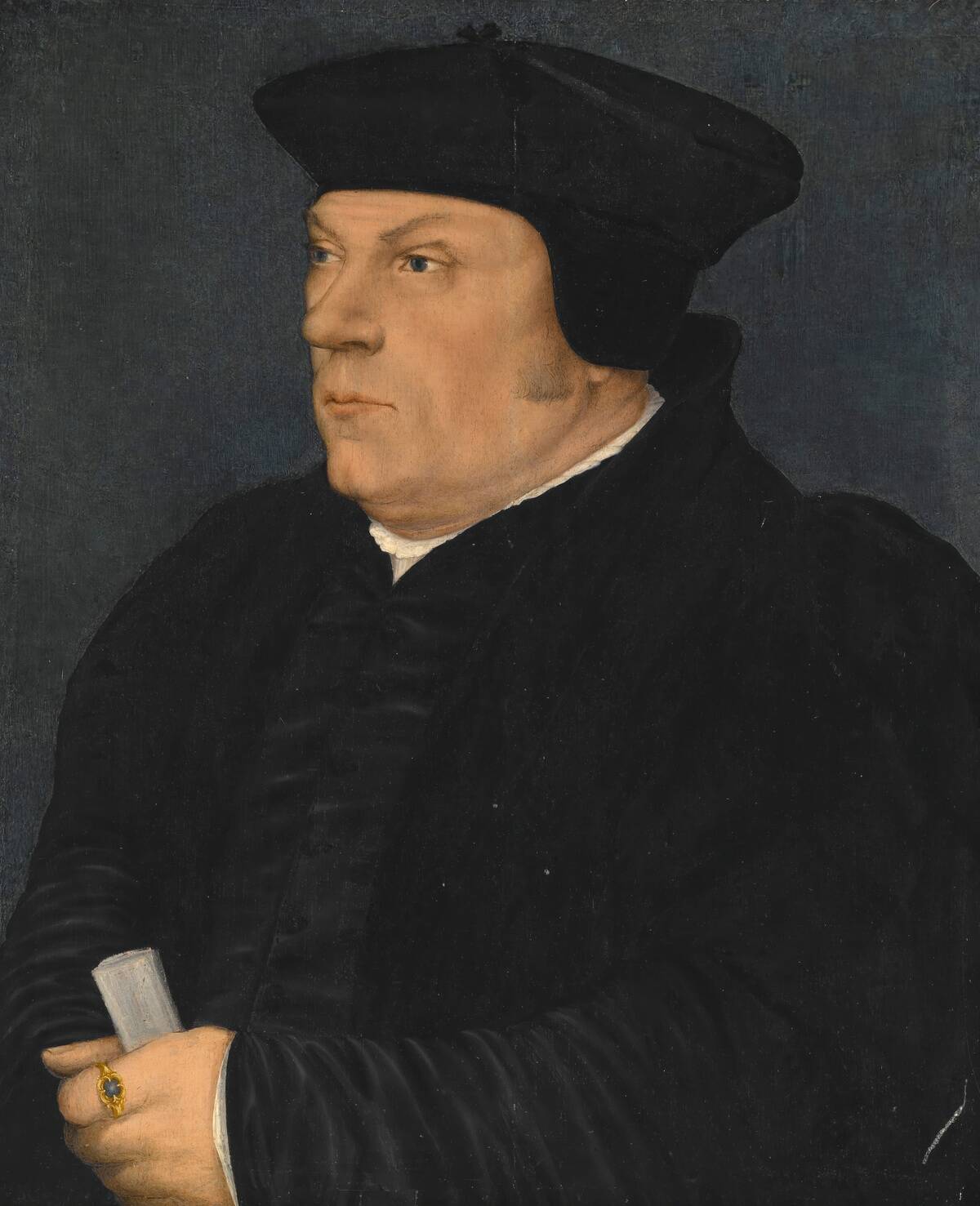
Thomas Cromwell, a key architect of the English Reformation, was instrumental in King Henry VIII’s break from the Catholic Church. As the king’s chief minister, Cromwell orchestrated significant legal and religious reforms, including the dissolution of monasteries.
His strategic prowess helped Henry secure his controversial self-annulment from Catherine of Aragon. Cromwell’s initiatives not only altered the religious landscape of England but also strengthened the monarchy’s control over church and state.
Dick Cheney: The Vice President Who Led from Behind
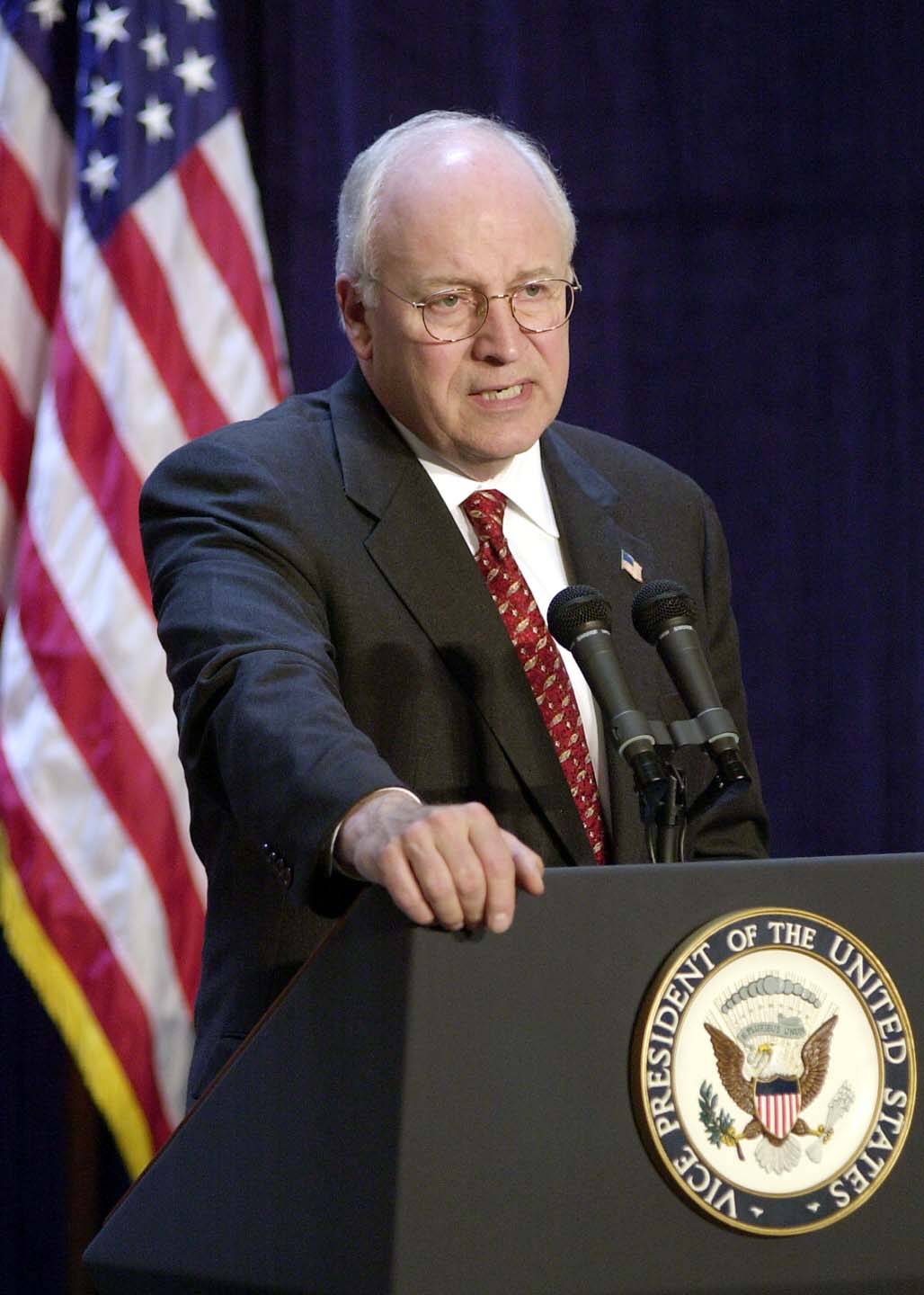
Dick Cheney, Vice President under George W. Bush, was known for his influential role in shaping U.S. foreign and domestic policy. Often described as the most powerful vice president in history, Cheney was a driving force behind the Iraq War and the War on Terror.
His experience and strategic thinking allowed him to wield significant influence, often operating behind the scenes to steer the administration’s agenda. His tenure redefined the role of the vice presidency in American politics.
Karl Rove: The Architect of a Presidential Legacy
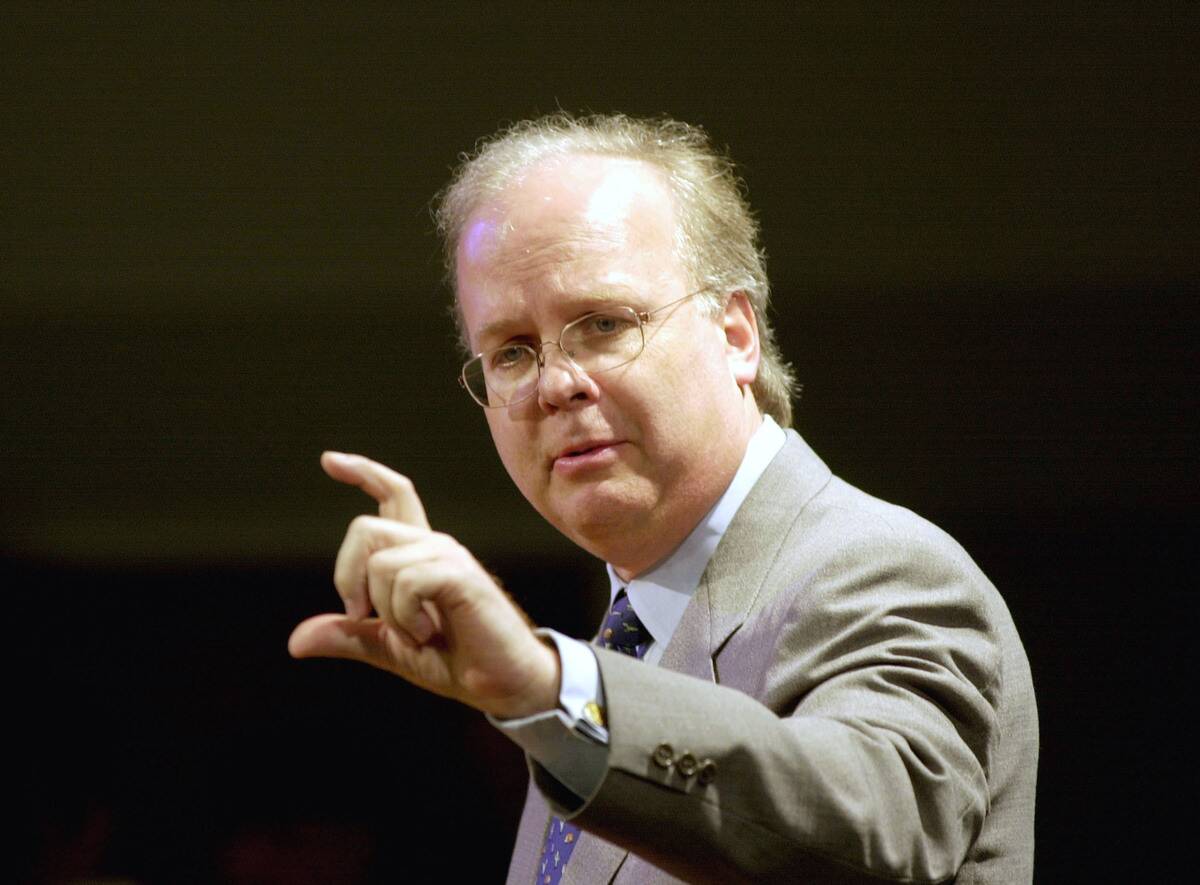
Karl Rove, often referred to as “The Architect,” was a key advisor to President George W. Bush. Rove played a critical role in crafting Bush’s electoral strategy, leading to two successful presidential campaigns.
His expertise in political strategy and data-driven campaigning helped shape the Republican Party’s approach during the early 2000s. Rove’s influence extended beyond the elections, as he helped to shape key policies and the broader conservative agenda during Bush’s presidency.
Valerie Jarrett: The Confidante of Barack Obama
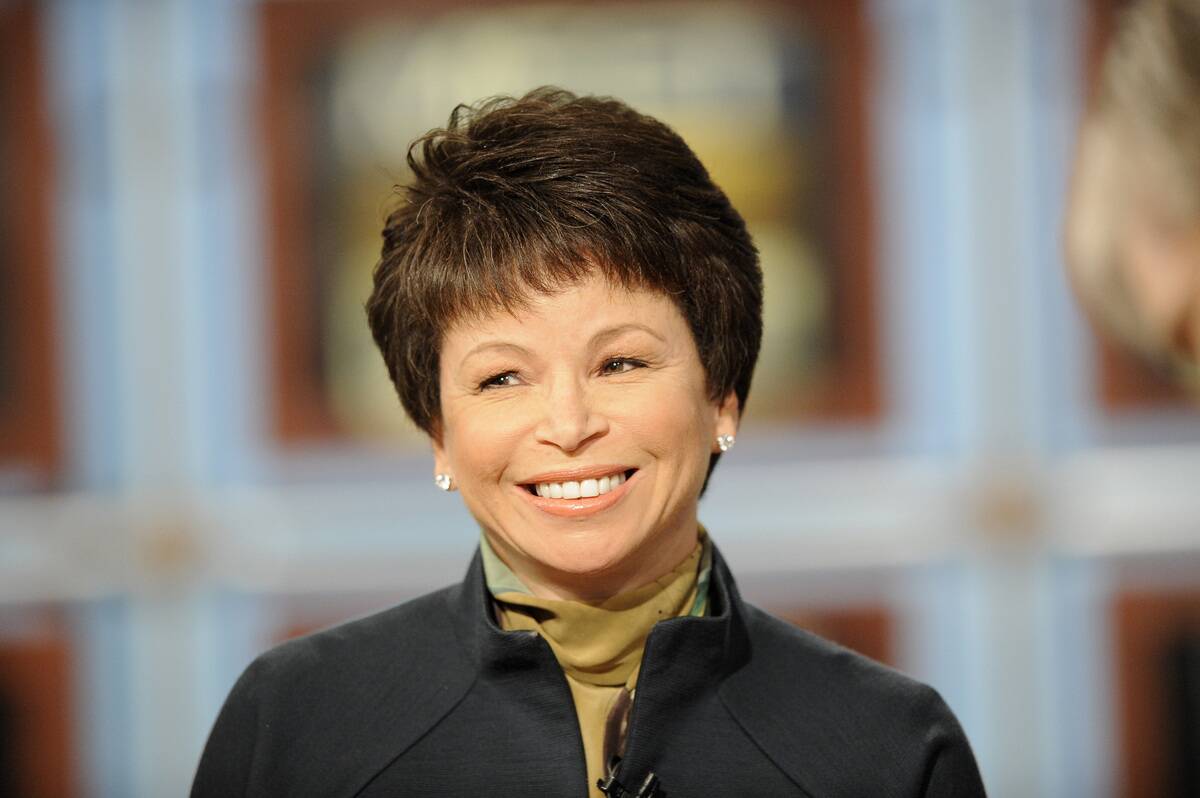
Valerie Jarrett, a senior advisor to President Barack Obama, was one of his closest confidantes. Her influence within the White House was profound, often guiding the president on critical domestic and international issues.
With a background in law and local government, Jarrett’s insights were invaluable in shaping Obama’s policies on healthcare, social issues, and economic reform. Her ability to navigate political landscapes made her an indispensable part of Obama’s inner circle throughout his presidency.
Steve Bannon: The Shadowy Figure in Trump’s White House
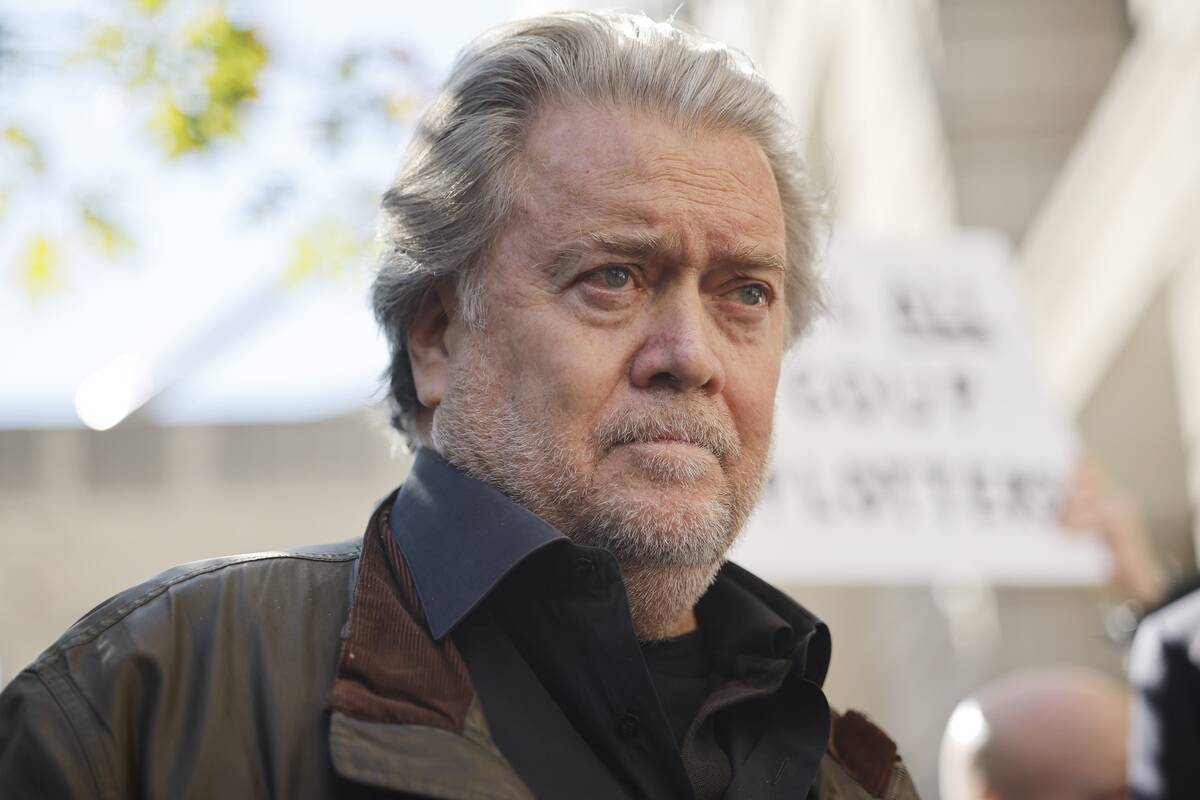
Steve Bannon, former chief strategist for President Donald Trump, was a controversial figure known for his nationalist and populist views. Bannon’s influence in the early days of the Trump administration was significant, helping to shape key policies and political narratives.
He played a pivotal role in Trump’s 2016 election campaign, emphasizing themes of economic nationalism and anti-establishment sentiment. Despite his eventual departure from the White House, Bannon’s impact on Trump’s political strategy was lasting.
Henry Kissinger: The Diplomat Behind U.S. Foreign Policy
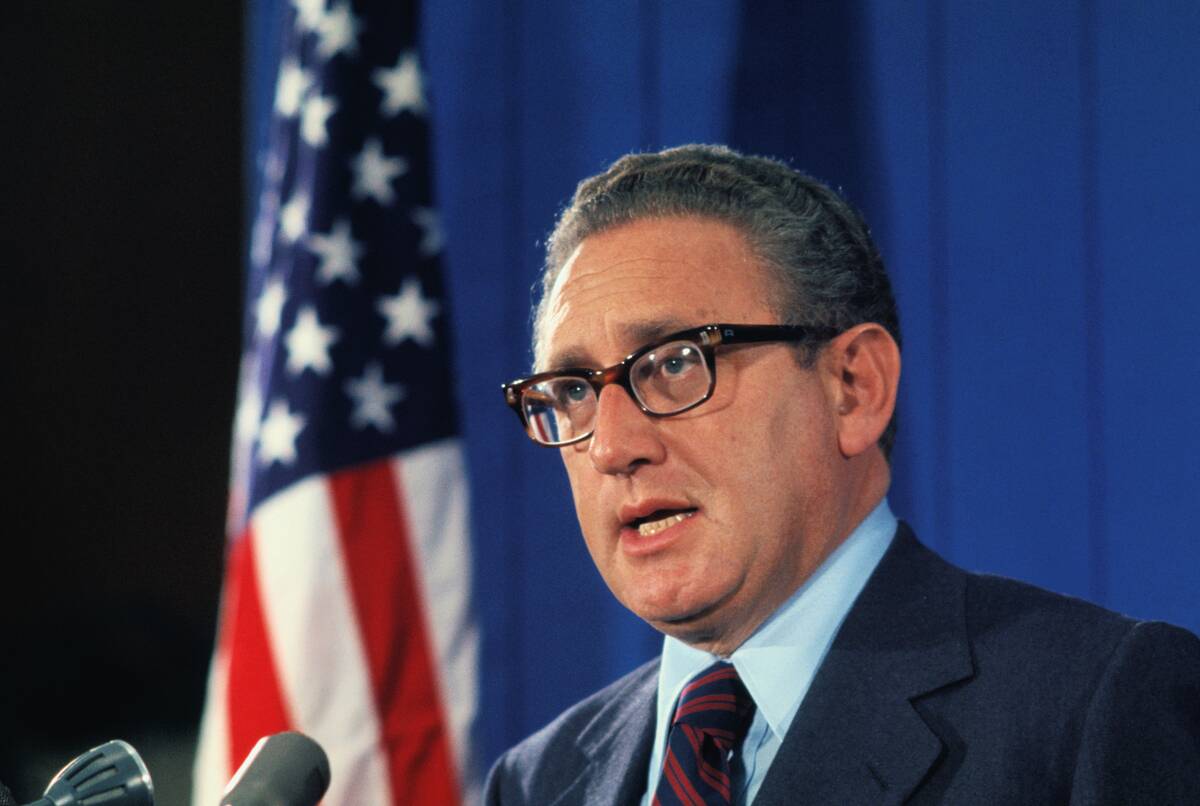
Henry Kissinger, serving as Secretary of State under Presidents Nixon and Ford, was a key architect of U.S. foreign policy during the Cold War. Known for his role in the policy of détente with the Soviet Union and opening relations with China, Kissinger’s realpolitik approach shaped international relations for decades.
His efforts in negotiating the end of the Vietnam War earned him a Nobel Peace Prize, highlighting his profound impact on global diplomacy and the strategic direction of the United States. However, this was an incredibly controversial honor, as his strategies in Cambodia, Argentina, Indonesia, Bangladesh, among other nations, were anything but peaceful.
Eleanor Roosevelt: The First Lady with a Political Agenda
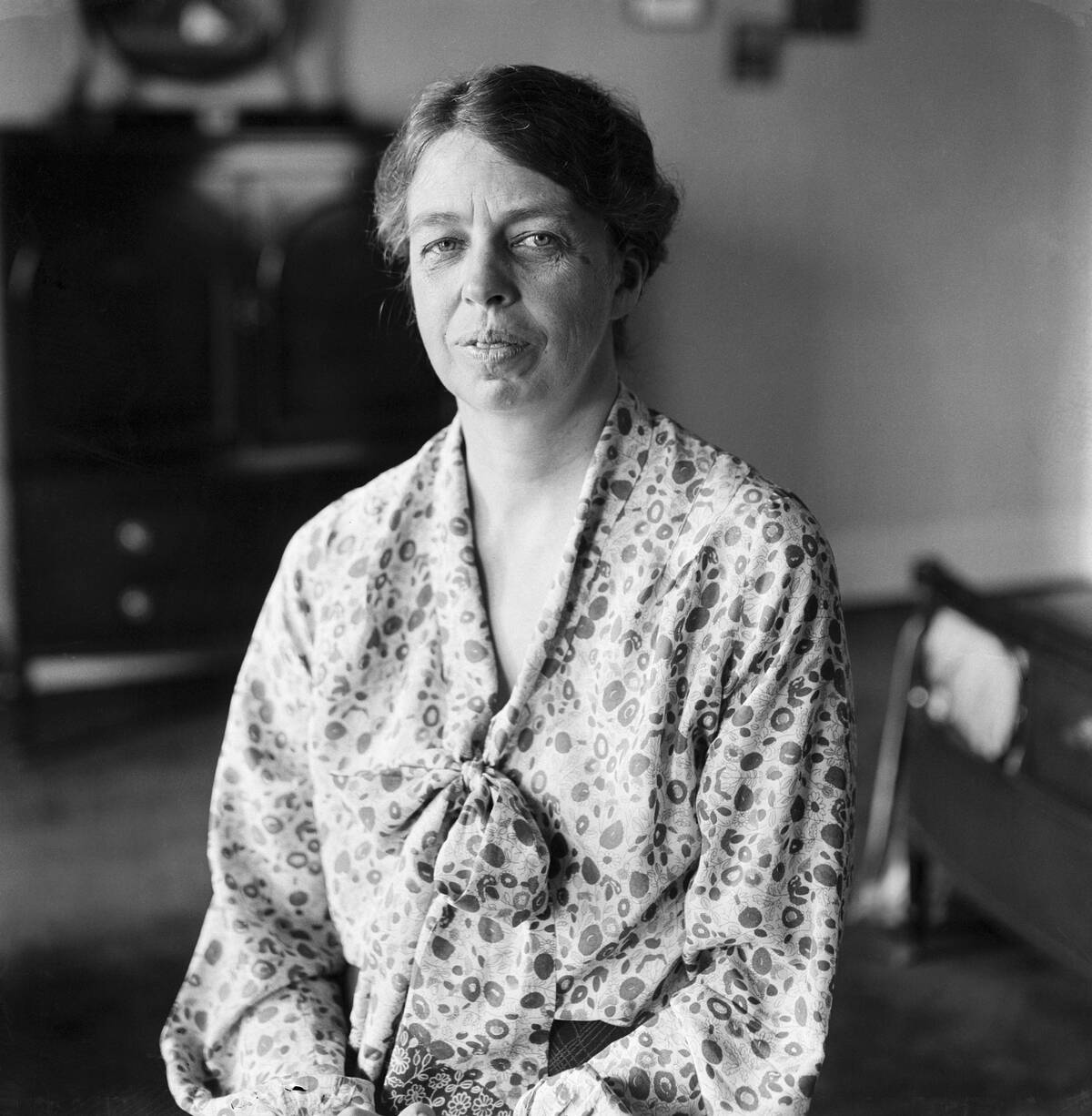
Eleanor Roosevelt, wife of President Franklin D. Roosevelt, redefined the role of First Lady with her active involvement in politics and advocacy for social issues. She was a vocal supporter of civil rights, women’s rights, and the New Deal.
Eleanor’s influence extended beyond the White House, as she later served as a delegate to the United Nations, where she played a crucial role in drafting the Universal Declaration of Human Rights. Her legacy as an advocate for social justice continues to inspire.
David Axelrod: The Brain Behind Obama’s Campaign
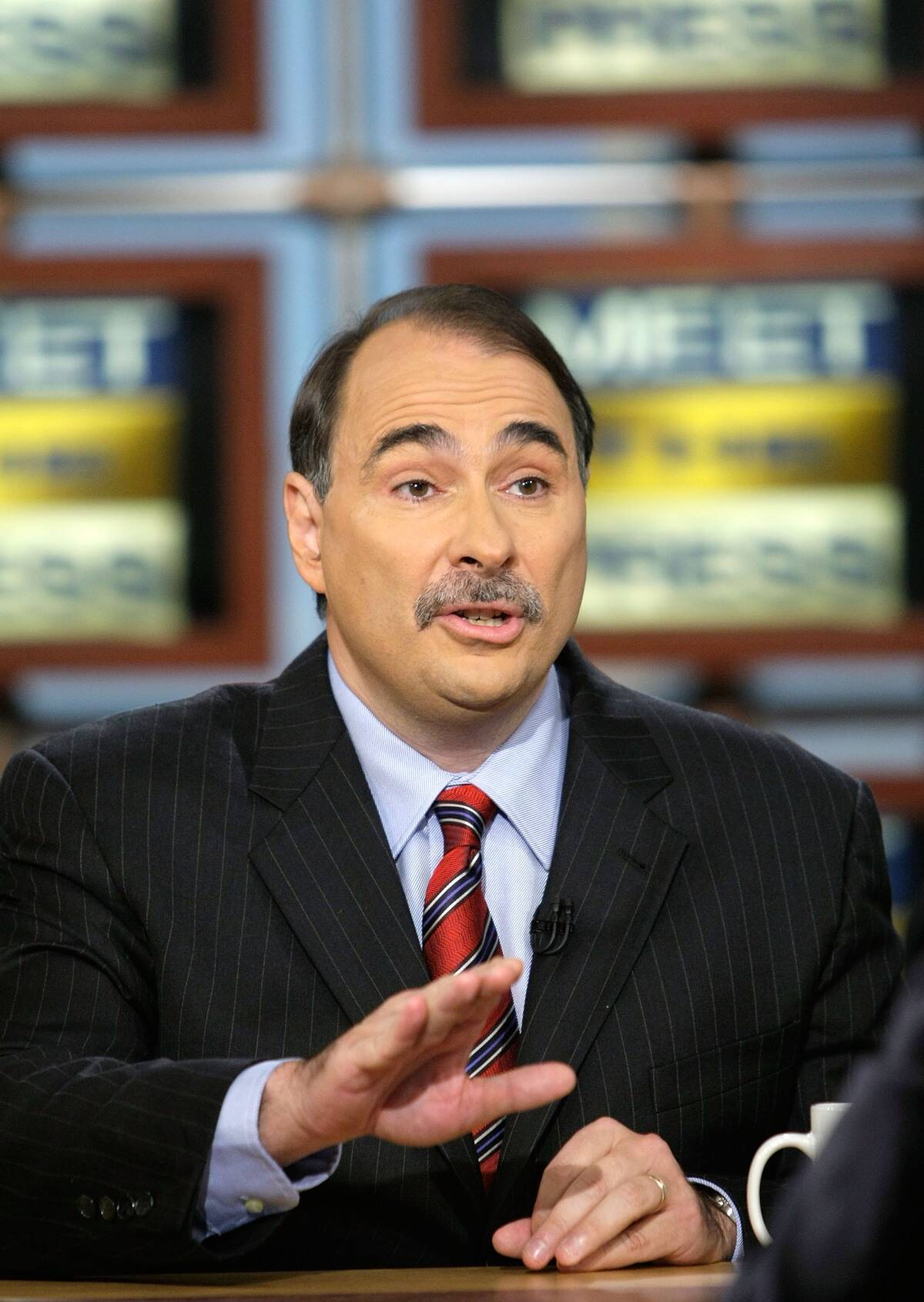
David Axelrod, a chief strategist for Barack Obama, was instrumental in crafting the messaging and strategy that propelled Obama to the presidency. With a background in journalism and political consulting, Axelrod’s expertise in narrative-building helped create a compelling vision of hope and change.
His strategic acumen was evident in Obama’s groundbreaking use of digital media and grassroots organizing. Axelrod’s influence extended into the White House, where he continued to shape communication strategies and policy priorities.
Nancy Reagan: The First Lady with a Strong Influence
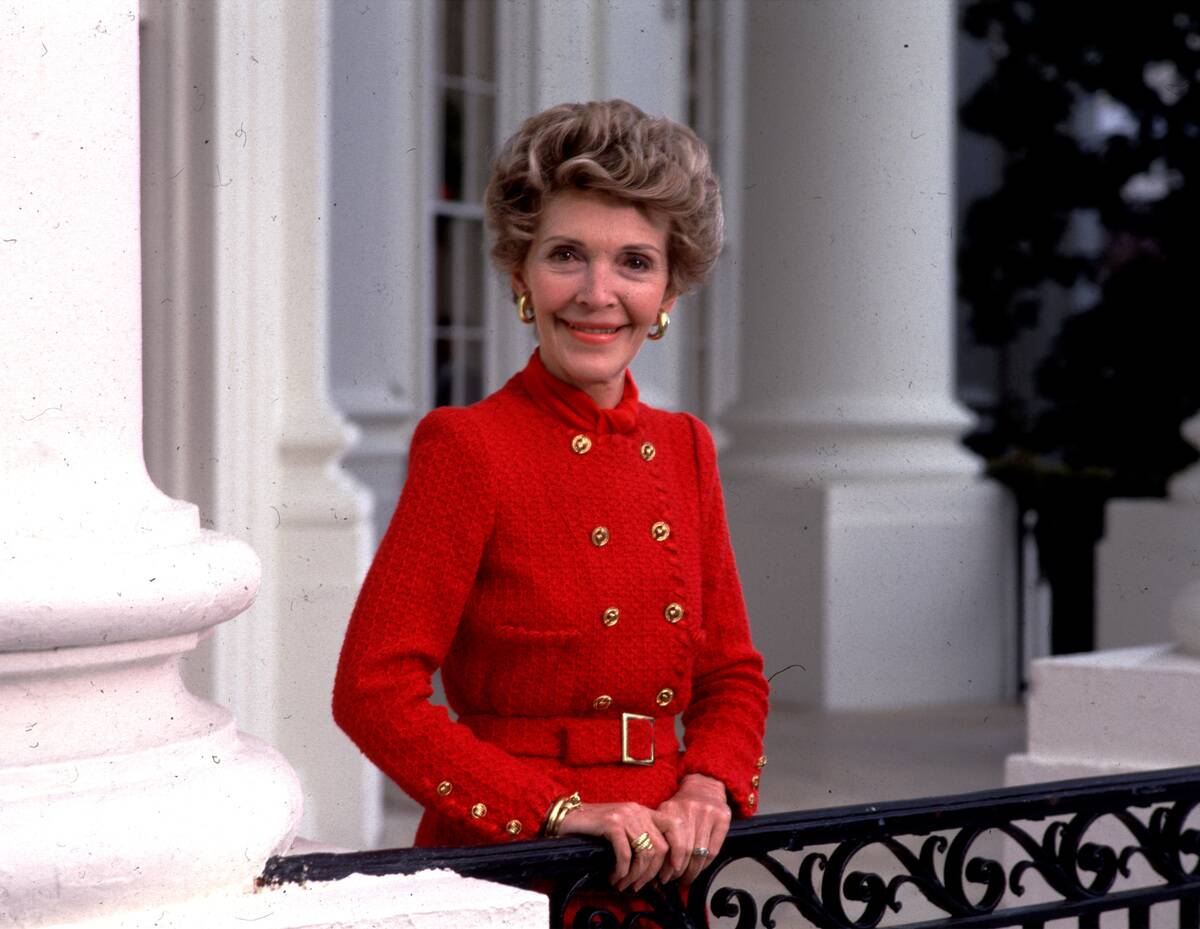
Nancy Reagan, wife of President Ronald Reagan, played a significant role in his administration, often acting as his closest advisor. Her influence was particularly notable in personnel decisions and public image management.
Nancy’s “Just Say No” campaign against drug use highlighted her commitment to social causes. Her protective nature and political instincts were pivotal in guiding Reagan through his presidency, making her an influential figure in both his personal and political life.
Roy Cohn: The Controversial Mentor of Donald Trump
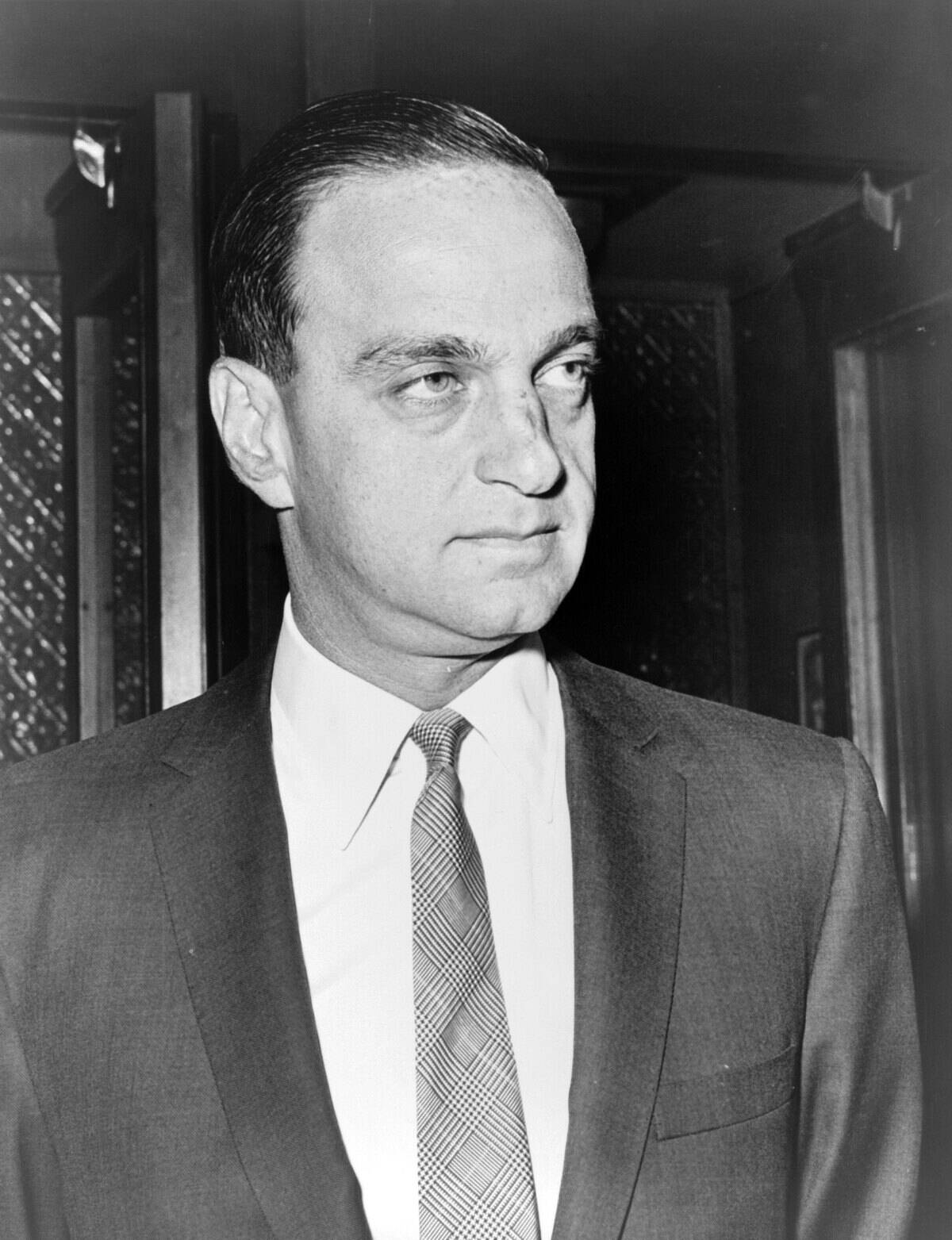
Roy Cohn, a lawyer and political fixer, was a mentor to Donald Trump during the 1970s and 1980s. Known for his aggressive tactics and influence in political circles, Cohn taught Trump the importance of media manipulation and legal brinkmanship.
Cohn’s controversial methods and connections within the political and business world left a lasting impact on Trump’s approach to business and politics. Despite Cohn’s contentious legacy, his mentorship was a formative part of Trump’s early career.



